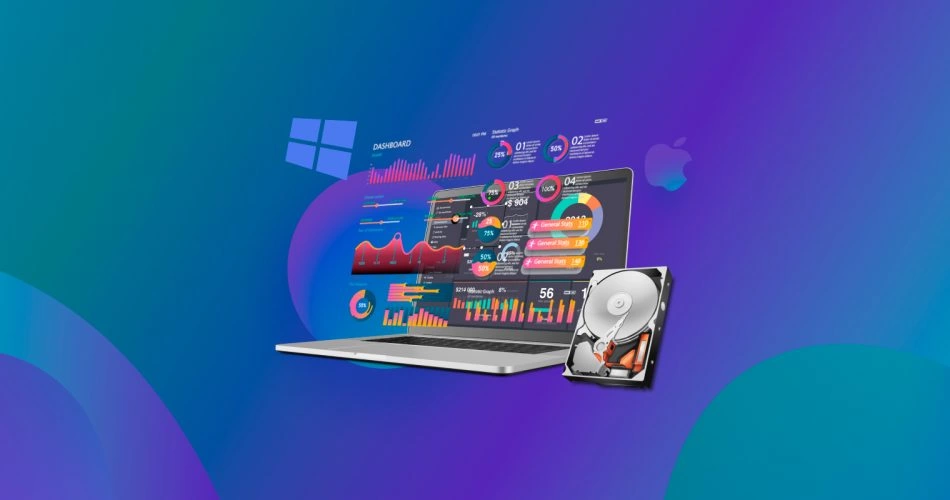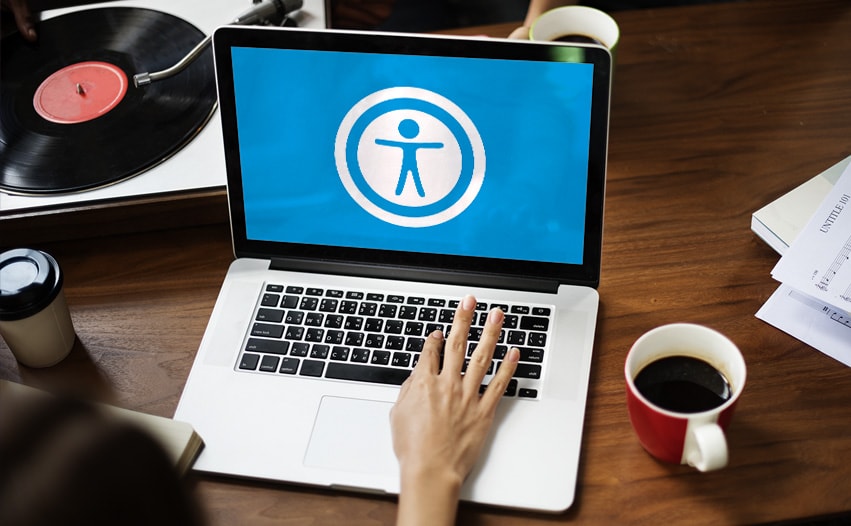Spending time reading topics on the internet is a daily common activity for people. But there are many ways in which we can compromise our information, it seems. Malware and viruses can spread easily and quickly, through unwanted, simple actions, which includes clicking on suspicious links. If your computer gets infected, it can start running slow, download programs without your consent, or allow all your sensitive data to be accessed and used. Secure web browsing is a must – cybercriminals constantly develop new tactics and methods to hack your system, and unless you’ve secured your computer, you can find yourself in a big problem. Although you might ignore the necessity of protecting your online activities, you must take a few minutes and learn some secure web procedures that will help you keep your computer free of malware, while keeping your personal information secure.
Surveys have shown that people worry more or less about their security online. When it comes to the online world, people have almost no idea of what can happen with their data. People wonder why they’re tracked on the internet? It is because browser providers want to gather as much information as possible to create the perfect user profile. This helps providers create the “Recommended for you” category. You might find this familiar, and notice that the products fit your needs perfectly. But how to avoid malware and get more secure while navigating on the internet?
What happens when you visit a website?

When you surf the internet, you’re automatically allocated your IP address that allows providers and other users to identify you. It means that every time you are active on the internet, while visiting certain websites, for example, the IP address is sent to the server you’re “communicating” with. The data stored by the ISP (internet service provider), such as name, billing address, address, and other contact data can be used to identify the user. Equally, the internet browser reveals too much info about a person. In addition to the many possibilities to protect your data, there are many other services and tips to use to stay anonymous on the web, including:
Install an antivirus software

Security experts recommend users to install and use antivirus software. An antivirus software senses and removes any virus as well as preventing your computer from getting infected. It’s important to install antivirus software to ensure your online security, and maintain distance from any issues caused by viruses, malware, spyware, etc. Antivirus software can give constant security to your computer, which is important, since you spend most of your time on the internet. Most people believe that they’ve got nothing to hide, so it’s not worth installing antivirus software.
Those are the people who fall victim to cybercriminals. Don’t go on believing that the internet is a safe and secure place, and that no one will take all the necessary information about you and give it to hackers. Instead, you could take some steps to make sure that what you do online stays on your devices. If you don’t know where to start and improve your online security, how about changing your passwords and use a security service that will prevent your browser from storing any data?
Use a proxy server

How can you stop internet providers from monitoring your traffic? The only way to prevent your ISP from knowing more about the websites you’re visiting is by using IPRoyal. All your online activity is always tracked by many companies, including Facebook, Google, and others. Why do they track you? For advertising reasons.
It means that your browsing habits, clicks, ads, or location can be used to create an online profile, so that these companies can recommend your things you might be interested in. So, to prevent these companies from collecting your data, you need to be extra cautious when navigating on the internet and use a proxy server. Private proxies are one of the best methods to maintain your online privacy, without having to worry that these websites may ban you.
When you use a proxy, you basically use an IP address (not a real one), which links to a real location and ISP – it means that a certain website won’t suspect that you are using a cover IP to block it. Benefits of using a datacenter proxy?
- Private and secure
- No one else has access on it
- Proxies exclude the risk of compromising your data
- Proxies appear as a different IP address
- Includes dedicated IP’s from different locations (using a UK proxy, while you are in the USA)
- Unblocks websites that are banned in your country
- Increases your browsing speed
- Offer superior reliability
Use strong passwords

The importance of strong passwords – passwords are created to protect unauthorized access to your personal data and computer. Remember: the stronger your password, the harder it will be for hackers to access your computer. Keep strong passwords for all your accounts. Here are some important tips to use when creating a password:
- Don’t use the same password for all your accounts.
- Create a password at least 8 characters long (including lowercase letters, uppercase letters, symbols, numbers).
- Avoid using personal information when creating a password (age, date of birth, home or workplace address, name, favorite song or color, etc.).
- Avoid using consecutive word combinations.
- Ensure that no one surrounds you when creating your password, or ask them politely to look another way.
- If you leave your device on for the day, ensure that you log out from your accounts to ensure that you avoid malicious purposes.
- DO NOT share your passwords to anyone!
- Avoid connecting to unsecured Wi-Fi networks; hackers can steal your passwords and data through unsecured connections (airport, cafes).
- Remember to change your passwords regularly.
- Don’t keep notes with your passwords – somebody will definitely find it at some point.
- Whenever browsers ask for your permission to save your passwords, make sure you press “never”.
It is our responsibility to keep our data secure. Hopefully, these tips will help you avoid malware you may encounter on the internet.





